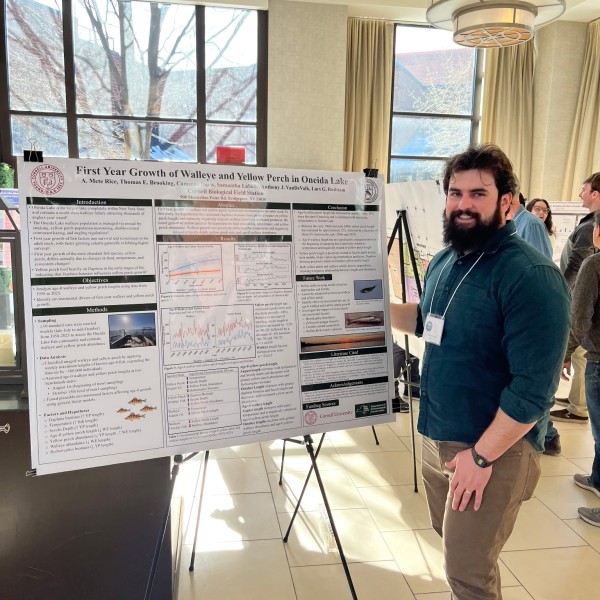The Gender-Responsive Researchers Equipped for Agricultural Transformation (GREAT) project is expanding its course offerings beyond sub-Saharan Africa, providing new opportunities for researchers in South Asia to create more inclusive and effective agricultural systems.
The new course aims to equip participants from Bangladesh, India and Nepal with the knowledge and skills to identify and address gender issues in plant breeding and seed systems programs to achieve climate resilience outcomes. The blended course includes in-person and virtual sessions. The in-person portion will be held in Hyderabad, India from Sept. 12-17, with virtual sessions Sept. 26-30.
Applications are accepted until June 30, 2022.
GREAT, a joint project of Makerere University in Uganda and Cornell University in the United States, seeks to increase the capacity of researchers to contribute to equitable participation and the sharing of benefits from agricultural research by smallholder women farmers, entrepreneurs, and farmer organizations. The new course is a partnership with the Generating Evidence and New Directions for Equitable Results (GENDER Platform) of the OneCGIAR.
The course targets interdisciplinary teams of early-career biophysical and social scientists in national agricultural research institutions (NARIs), the CGIAR system, and other agricultural research for development (A4RD) institutions in South Asia
“With this new phase GREAT is expanding both topically and geographically, adding new resources for climate resilience and seed systems for researchers in South Asia,” said Margaret Mangheni, co-principal investigator for GREAT at Makerere University. “We have also expanded our trainer team to include gender experts from South Asia who are best qualified to deliver contextually and culturally relevant content”.
GREAT uses a unique delivery approach, designed to foster lasting changes for research teams, according to Mangheni and co-PI Hale Ann Tufan of Cornell University. The GREAT training program brings together biophysical scientists and social scientists to learn how to holistically incorporate gender issues into every phase of the research project cycle. Biophysical scientists learn how to identify and address gender issues relevant to their work, and how to harness mixed-methods research to strengthen their agricultural research programs, enhance grant competitiveness, product design and adoption, and ultimately resulting in improved outcomes for beneficiaries.
Social scientists develop skills and tools to play a more integral role in research projects, and both types of researchers will learn how to effectively work together to enhance their research and its outcomes.
The sessions targeting social scientists will reinforce skills for engaging with qualitative and quantitative social data with a focus on plant breeding and seed systems.
“Course participants will gain critical skills to work together to re-orient their research programs towards gender-equitable outcomes,” said Tufan. “This is an opportunity for scientists to think differently about gender and agriculture and really transform their research.”
This is the second course that GREAT designed to target South Asia. The first was a custom course for scientists working on rice programs under the International Rice Research Institute (IRRI) in May 2021.





